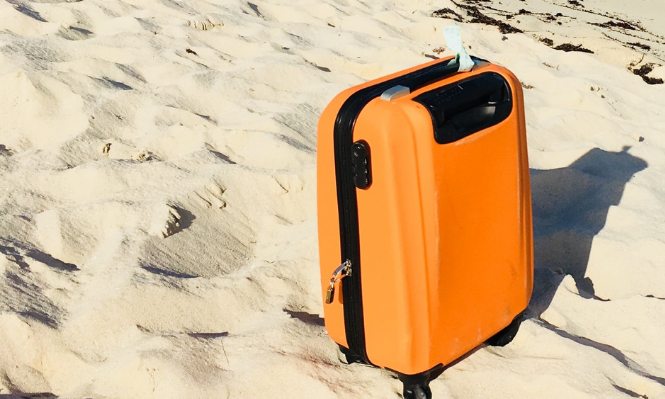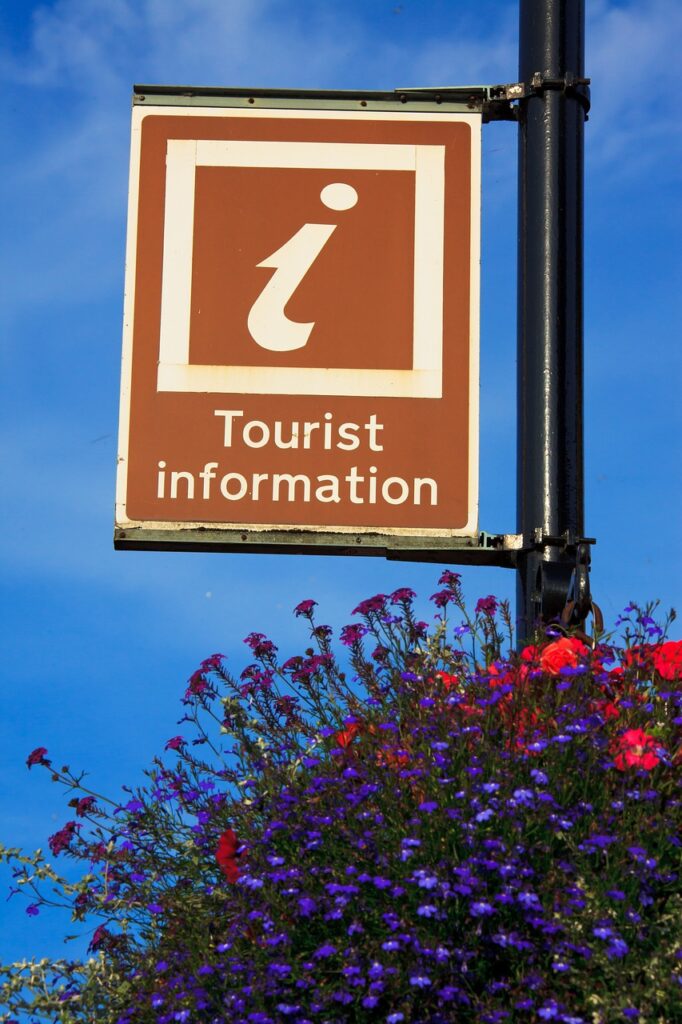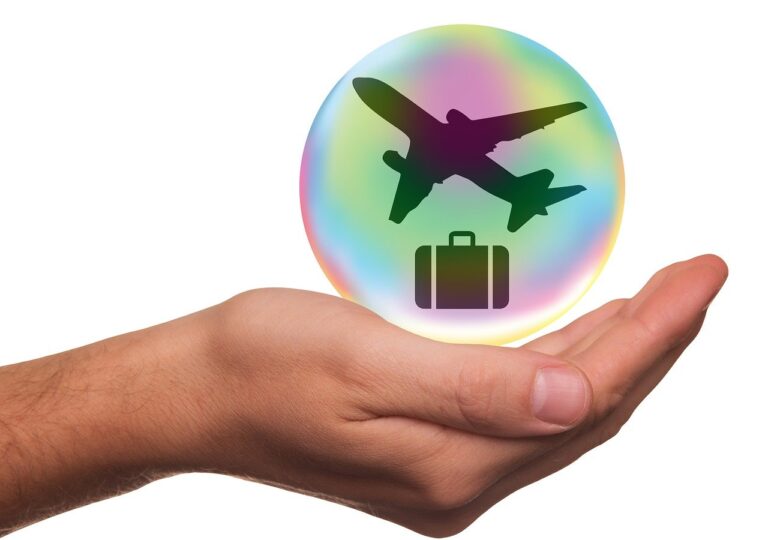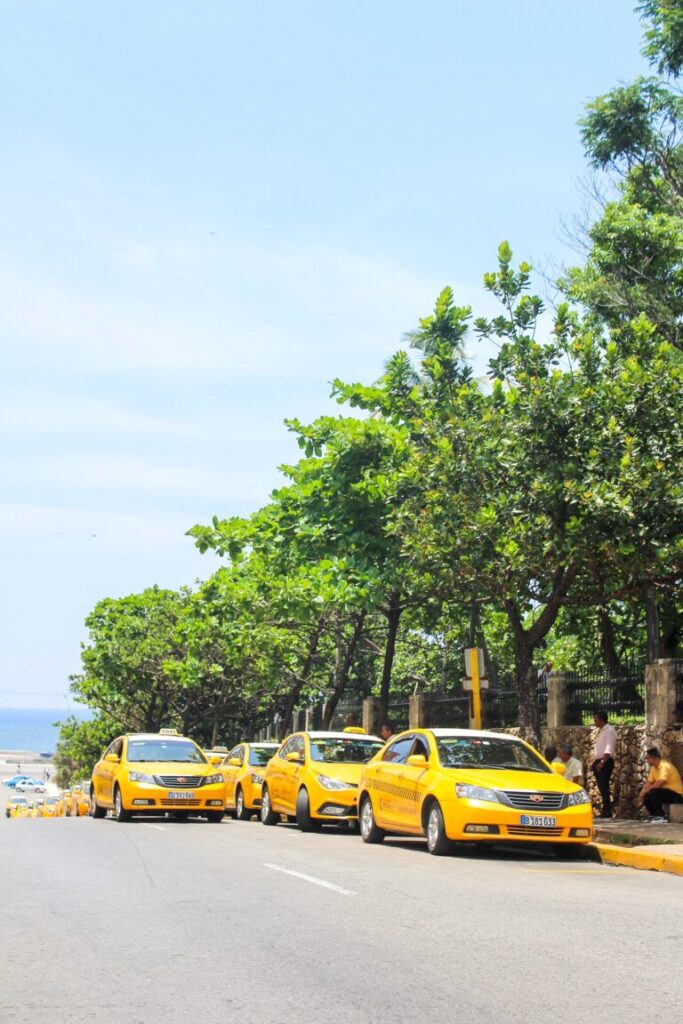
This post may contain affiliate links, meaning IC Caribbean gets a commission if you decide to make a purchase, at no additional cost to you.
Planning a trip to the Caribbean is an exciting endeavor, but ensuring your travel safety and well-being should be a top priority. In this educational blog, we will delve into important considerations and provide valuable insights on Caribbean travel safety. By using reputable resources like official tourism websites, consulting travel advisories, understanding local safety measures, and practicing general safety precautions, you can make informed decisions and have a worry-free vacation in this tropical paradise.
Research Travel Advisories

Before embarking on your Caribbean adventure, it is crucial to check travel advisories issued by your country’s government or reputable international organizations. These advisories provide valuable information on potential risks, safety concerns, and any travel restrictions that may be in place for specific destinations. By staying updated on the latest travel advisories, you can make informed decisions about your itinerary and take necessary precautions. Visit official government websites or access information through international organizations like the World Health Organization (WHO) or the Centers for Disease Control and Prevention (CDC).
Consult Official Tourism Websites
Official tourism websites are an excellent resource for detailed information on safety measures and precautions taken by each Caribbean island. They provide insights into the specific safety guidelines, local laws, emergency contacts, and any travel alerts or advisories in effect. It is advisable to visit websites such as the Caribbean Tourism Organization or the individual tourism websites of your chosen destination. These websites also offer valuable information on popular tourist attractions, accommodations, local customs, and tips to enhance your safety and enjoyment.

Understand Local Safety Measures
Familiarize yourself with the safety measures implemented by the Caribbean islands you plan to visit. These measures may include enhanced security at airports and tourist areas, increased police presence, or specific safety guidelines for water activities. By understanding and adhering to these measures, you can contribute to a safer and more enjoyable vacation experience. Check the official tourism websites for information on safety protocols and guidelines specific to your destination.
Be Aware of Potential Risks
While the Caribbean is generally considered a safe destination for travelers, it’s essential to be aware of potential risks that may vary from island to island. One of the significant considerations is the weather. The region experiences a hurricane season from June to November, with peak activity in August and September. Stay updated on weather forecasts and follow the guidance of local authorities.
To stay informed about weather conditions and potential hurricanes, it is advisable to monitor reliable sources of information. Stay updated on weather forecasts provided by meteorological agencies, local news outlets, and official government websites. These sources will provide real-time updates, storm tracking, and any necessary evacuation advisories.

During the hurricane season, it’s essential to be flexible with your travel plans and have contingency measures in place. Consider purchasing travel insurance that covers trip cancellations or interruptions due to severe weather events. Keep in mind that some resorts and accommodations may have specific policies regarding cancellations or rescheduling during hurricane season, so it’s essential to familiarize yourself with their terms and conditions.
Practice General Safety Precautions
Regardless of your travel destination, practicing general safety precautions is always recommended. These precautions include safeguarding your personal belongings, using secure transportation options, being cautious in unfamiliar areas, and following any specific safety advice provided by local authorities. Be mindful of your surroundings and trust your instincts. It is also advisable to maintain travel insurance that covers medical emergencies, trip cancellations, and other unforeseen circumstances.
Health and Medical Considerations

Prioritizing your health and well-being is essential when planning a trip to the Caribbean. Before traveling, it’s crucial to research and understands any necessary vaccinations or health precautions for the specific destinations you plan to visit. Consulting with your healthcare provider is the best way to ensure you are up to date on routine vaccinations and to discuss any additional vaccines recommended for the Caribbean region. The Centers for Disease Control and Prevention (CDC) is an excellent resource for up-to-date information on travel health recommendations. Their website provides detailed guidelines on vaccinations, preventive measures, and health advisories specific to various countries and regions, including the Caribbean.
Some of the common vaccines recommended for travelers to the Caribbean include hepatitis A and B, typhoid, and routine vaccinations like measles, mumps, rubella (MMR) and influenza. Depending on the specific activities you plan to engage in and the duration of your stay, your healthcare provider may also recommend vaccines for diseases such as rabies, meningitis, or yellow fever, which are more prevalent in certain Caribbean countries.
Cultural Sensitivity and Respect

While enjoying your Caribbean vacation, it’s important to respect the local culture and customs. Familiarize yourself with the local traditions, social norms, and laws of the destination you are visiting. Dress appropriately, be mindful of your behavior, and engage with the local community in a respectful manner. Embrace the opportunity to learn about different cultures and foster mutual understanding and appreciation.
Transportation Safety

When traveling within the Caribbean, prioritize transportation safety. If renting a car, familiarize yourself with local driving laws and road conditions. Consider reputable taxi services or pre-arranged transportation, especially if unfamiliar with the area. Verify that water-based operators, such as ferries or boat tours, have proper licenses and adhere to safety regulations. Before renting a car, understand local driving customs and obtain an International Driving Permit. Research road conditions and plan routes accordingly. Use trusted taxi services with visible identification and agreed-upon fares. Pre-arrange transportation for added convenience and safety. By prioritizing transportation safety, you can ensure a smooth and secure journey throughout the Caribbean islands.
Local Advice and Recommendations
Engage with locals and seek their advice and recommendations. They possess valuable insights into their communities and can provide tips on safe areas to explore reputable tour operators, and hidden gems off the beaten path. Interacting with locals can enhance your travel experience and provide you with a deeper understanding of the destination.
By conducting thorough research, staying informed through travel advisories, consulting official tourism websites, understanding local safety measures, and practicing general safety precautions, you can ensure a safe and enjoyable Caribbean vacation. Remember to prioritize your well-being, stay aware of potential risks, and respect the local culture and customs. By taking these steps, you can make the most of your Caribbean adventure and create unforgettable memories in this enchanting region. For official and up-to-date information, visit the websites of the Caribbean Tourism Organization and the individual tourism websites of your chosen destination. Now, pack your bags and embark on an incredible journey to experience the beauty, culture, and warmth of the Caribbean!


0 Comment